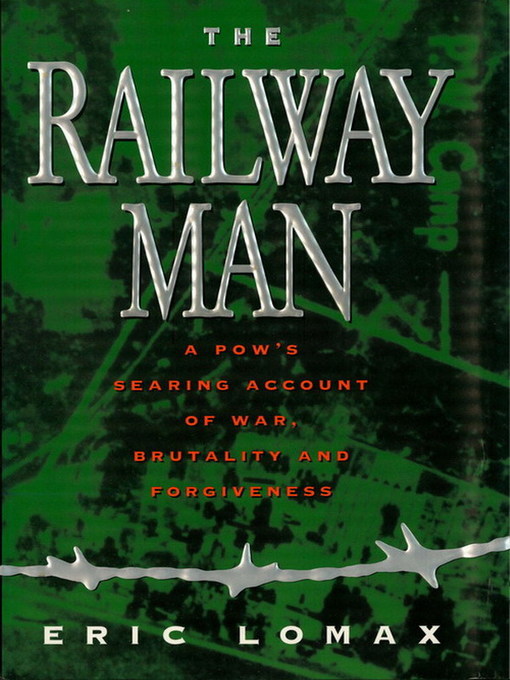Here is a remarkable true story of forgiveness—a tremendous testament to the courage that propels one toward remembrance, and finally, peace with the past. A classic war autobiography, The Railway Man is a powerful tale of survival and of the human capacity to understand even those who have done us unthinkable harm.
From The Railway Man:The passion for trains and railroads is, I have been told, incurable. I have also learned that there is no cure for torture. These two afflictions have been intimately linked in the course of my life, and yet through some chance combination of luck and grace I have survived them both.
I was born in Edinburgh, in the lowlands of Scotland, in 1919. My father was an official in the General Post Office there, a career which he had started as a boy of 16 and which he intended me to imitate to the letter. He was fascinated by telephony and telegraphy, and I grew up in a world in which tinkering and inventing and making were honoured past-times. I vividly remember the first time that my father placed a giant set of headphones around my ears and I heard, through the hiss and buzz of far-off-energies, a disembodied human voice.
In the worst times, much later, when I thought I was about to die in pain and shock at the hands of men who could not imagine anything of my life, who had no respect for who I was or my history, I might have wished that my father had had a different passion. But in the 1920s, technology was still powerful and beautiful without being menacing. Who would have thought that a radio, for example, could cause terrible harm? It seemed to be a wonderful instrument by which people could speak to each other; and yet I heard Hitler ranting over airwaves, and saw two men beaten to death for their part in making such an instrument, and suffered for my own part in it for a half a century.


